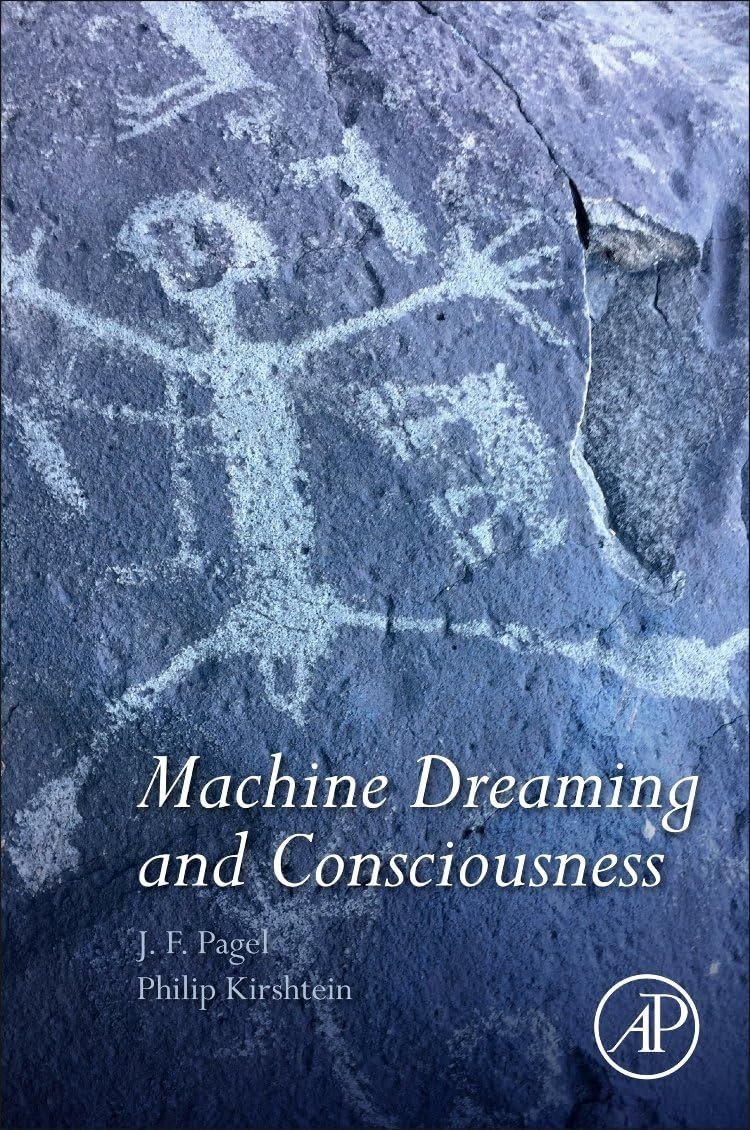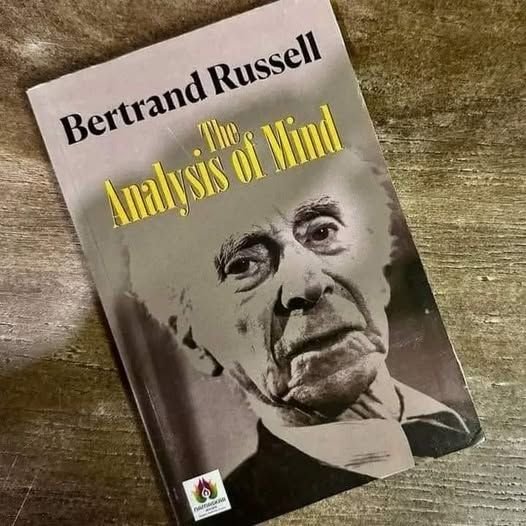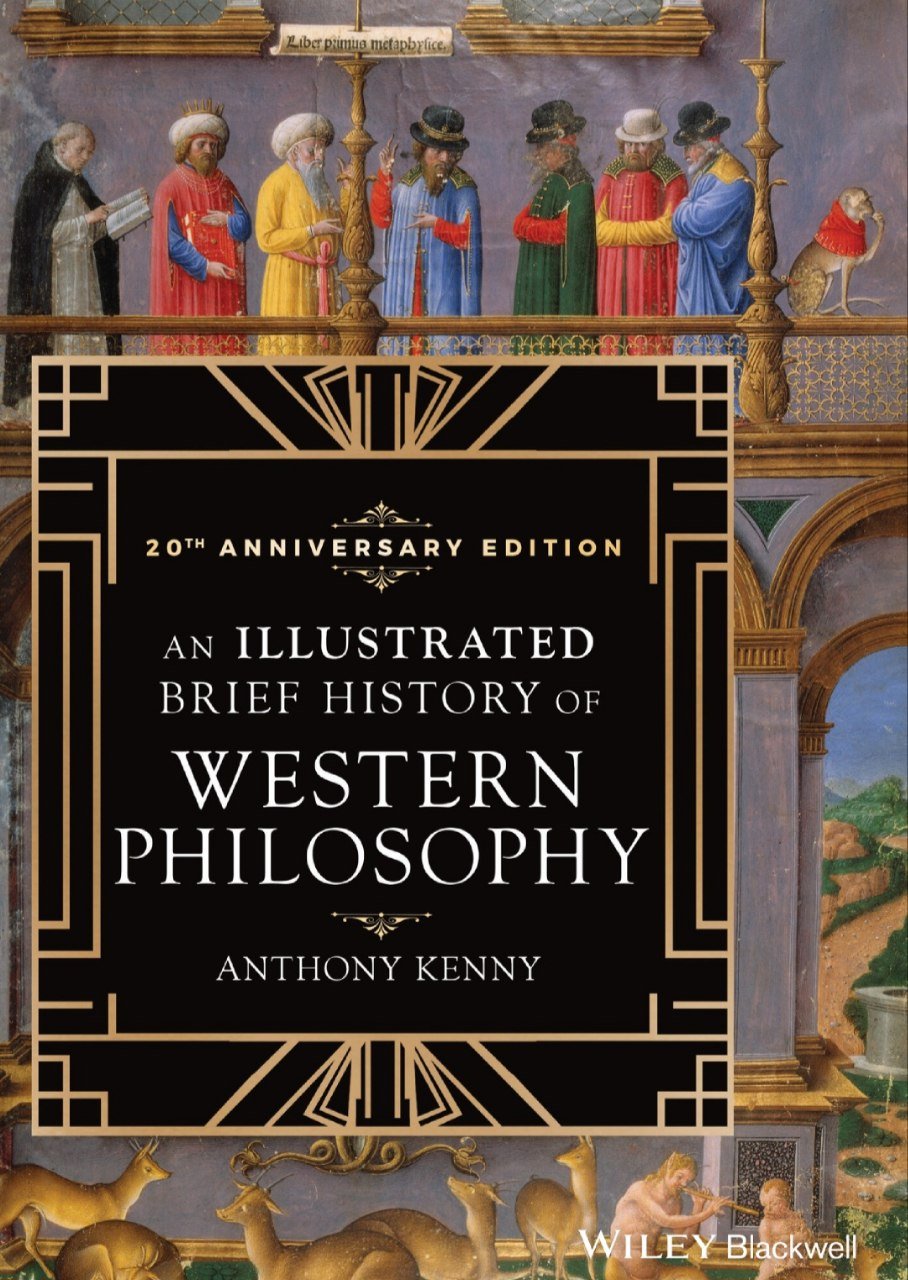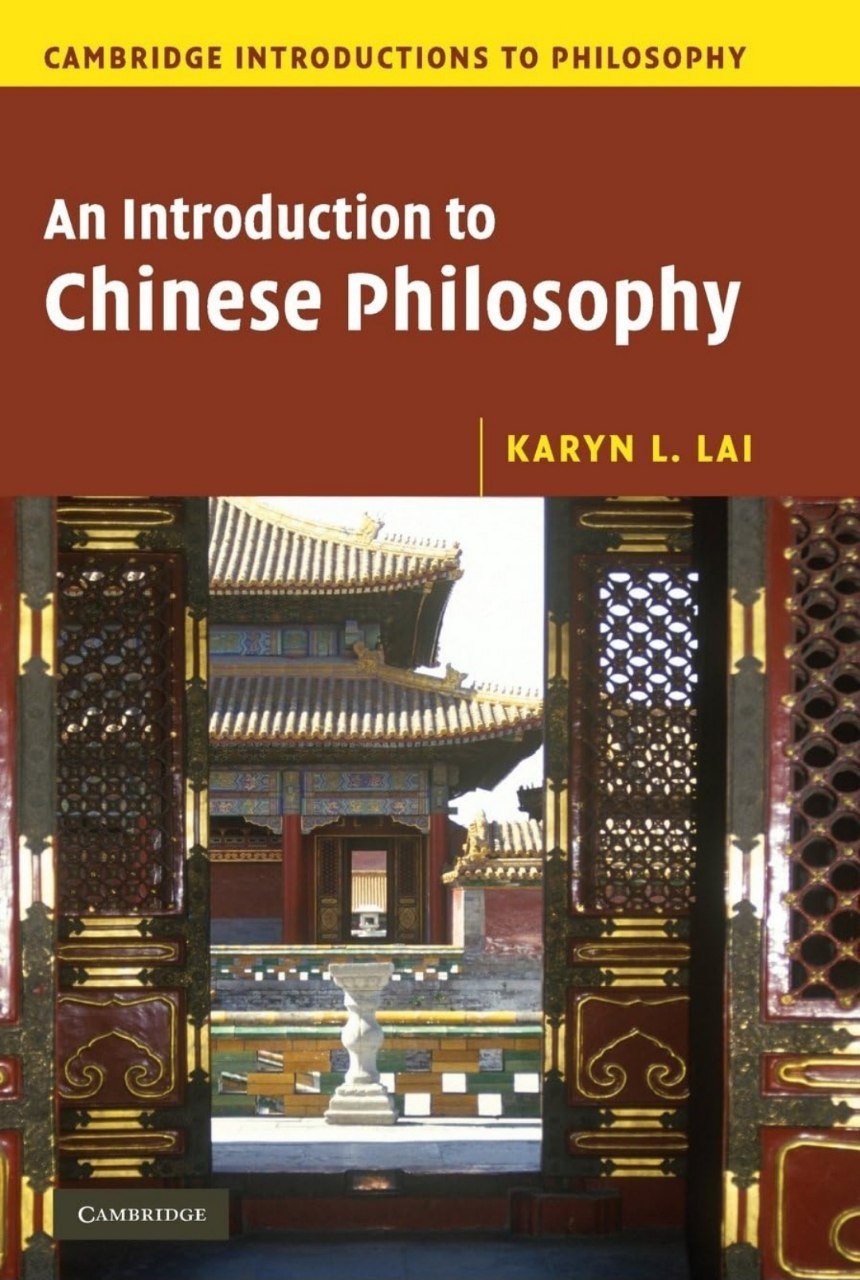

Pathmarks by Martin Heidegger; Edited by William McNeill
Reviews
No review yet. Be the first to review this book!
Description
Pathmarks by Martin Heidegger; Edited by William McNeill Pathmarks is a seminal collection of Martin Heidegger’s essays and lectures, spanning his philosophical journey from the early 1920s to the 1960s. Edited by William McNeill, this anthology offers a comprehensive look at the evolution of Heidegger’s thought, particularly his transition from traditional metaphysics to what he calls “the question of Being” (Seinsfrage). The book includes key texts like “What Is Metaphysics?”, “Letter on Humanism,” “The Origin of the Work of Art,” and “The End of Philosophy and the Task of Thinking,” providing insight into Heidegger’s shift from existential analysis to language, truth, and poetic thinking. Heidegger argues that Western philosophy, from Plato onward, has misunderstood Being by focusing on beings (entities) rather than Being itself. His aim is not to discard the philosophical tradition but to “deconstruct” it in order to retrieve the original question of Being—what it means for something to be. A central theme in Pathmarks is the critique of technological thinking and metaphysics as forms of enframing (Gestell), which reduce the world to a resource for manipulation, blocking a more authentic engagement with existence. He emphasizes the role of language, art, and poetry (especially Hölderlin) as more original ways of approaching truth (aletheia)—not as correctness, but as unconcealment. In later essays, Heidegger distances himself from humanism and anthropocentrism, arguing instead that humans are not the masters of Being but its “shepherds.” The book outlines his call to think Being not through logic or system, but through attentive listening to its unfolding. Pathmarks is not merely a record of Heidegger’s thinking, but a philosophical roadmap—marking paths taken, abandoned, or opened anew. It demands a radical shift in thinking, where philosophy becomes a patient, poetic dialogue with Being rather than a quest for mastery.






















.jpg)

.jpg)






.jpeg)






.jpeg)
.jpg)

.jpeg)










.png)











.jpeg)

.jpg)





.jpg)



.jpeg)




.jpg)


.jpg)

.jpg)




















































